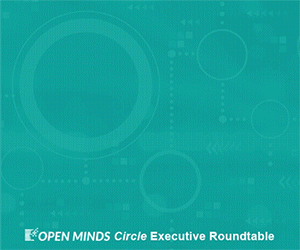The big question for most executive teams planning for sustainability in the next couple years is whether they can continue to do what they’re doing—and how they’re doing it—and be financially viable. Many of the executives I’ve spoken with over the last couple months believe that the answer to this question is “yes.” Their logic is sound…
The way in which specialty health care services have traditionally been delivered—and the entities that deliver them—are being upended in a market characterized by unprecedented consumerism, competition, and technological advancement. And the pandemic and other crises of 2020 have accelerated the change in how health care is delivered and consumed, changing the market for the…
As leader of the nation’s largest nonprofit addiction treatment provider organization, Mark Mishek, President and Chief Executive Officer of the Hazelden Betty Ford Foundation, believes growth is a mission mandate for non-profits. And the money to invest in growth comes from margin. But a “business-as-usual” mindset will not yield margin in the long term. He…
As executive teams of specialty provider organizations look at how best to stabilize their revenue base and competitive advantage in the “next normal,” adding primary care services is one of the options on the table. The market need is growing. We know that 68% of adults with mental disorders also have chronic health disorders (see Behavioral Health: Fixing A…
The future is not just about delivering old services in new ways, but also about repurposing capabilities and looking at ways to extend current expertise and strengths. We saw this happening in many sectors during the COVID-19 pandemic. Uber saw a 75% drop in its ride-hailing service, but the Uber Eats delivery business more than…




